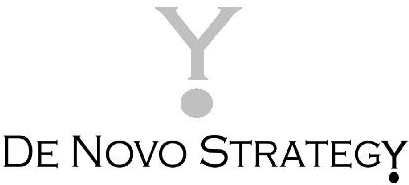Survey Provides Insight for Serving Small Business Customers
The J.D. Power and Associates 2009 Small Business Banking Satisfaction StudySM shares insight on serving small business banking customers to create differentiation and grow revenues.
Small business customers represent revenue opportunities for banking institutions, particularly if the bank can obtain the personal banking relationship as well. The survey finds that small business owners’ average value exceeds the consumer average by $31,000 or 66 percent. Further, highly satisfied small business customers create about 20 percent more revenue for the bank relative to less-satisfied customers. The difference in annual revenue dollars, according to the survey, is $675 per customer.
Unlocking this extra revenue per small business customer requires a strong commitment to relationship management. The survey finds that higher levels of satisfaction are associated with:
- Assignment of an account manager to every small business customer
- Completion of a needs assessment
- Account managers who proactively reach out to customers throughout the year
- Account managers who focus on quick resolution to problems
- Account managers who closely manage the credit process
Economic woes weighing on small business
The survey estimates that 48 percent of small business customers are negative about the economic outlook. Downbeat business owners have special needs with respect to banking. In particular, they generally appreciate working with a proactive banker who demonstrates a thorough understanding of their business and its needs. The J.D. Power survey establishes a link between the completion of a needs assessment at the beginning of the relationship and the customer’s belief that his banker “understands” the business. Sadly, only 45 percent of small business customers report that their banker has a complete understanding of the business.
Communicate to create upsell opportunities
Proactive communication is also important. Regular interaction between the account manager and small business customer can minimize misunderstandings about fees and services. It also helps the banker identify opportunities to provide the customer with additional business or personal banking services. The goal is to help the customer manage his business and personal finances more efficiently, while creating revenue opportunities for the bank. To fulfill that goal, the banker must a trusted advisor who maintains regular contact.
Manage new loans for higher satisfaction
Many small business customers are currently concerned about obtaining the funds they need to manage through this economic downturn. The J.D. Power survey reports that account managers who focus on streamlining the loan funding process tend to score higher on small business customer satisfaction metrics. Account managers who can identify a lending need and then move the customer through the application and funding process quickly add value and generate customer loyalty.
The survey also notes that small business account managers do not have to be high-level bank employees to be effective. Lower-level service personnel are able to achieve very high satisfaction scores, particularly when they focus on communication, quick problem resolution, and efficient loan funding.
See the video overview of the J.D. Power and Associates 2009 Small Business Banking Satisfaction Survey here: http://businesscenter.jdpower.com/library/videos.aspx?localID=286679 and read the press release here: http://businesscenter.jdpower.com/news/pressrelease.aspx?ID=2009227


